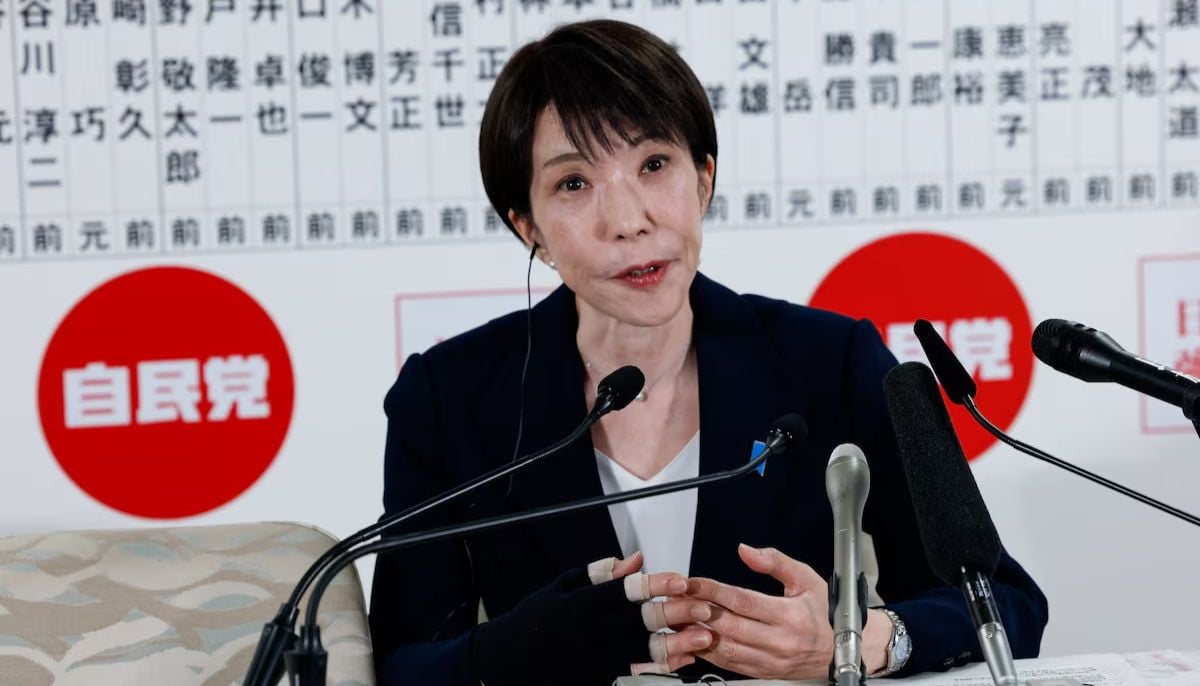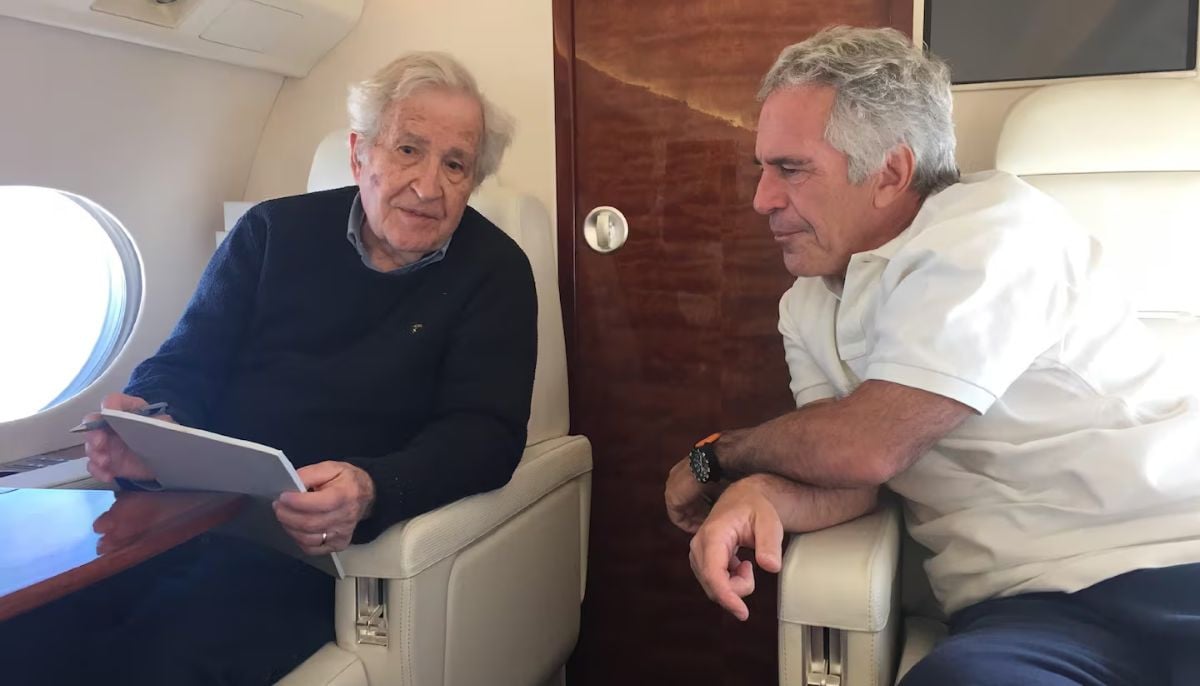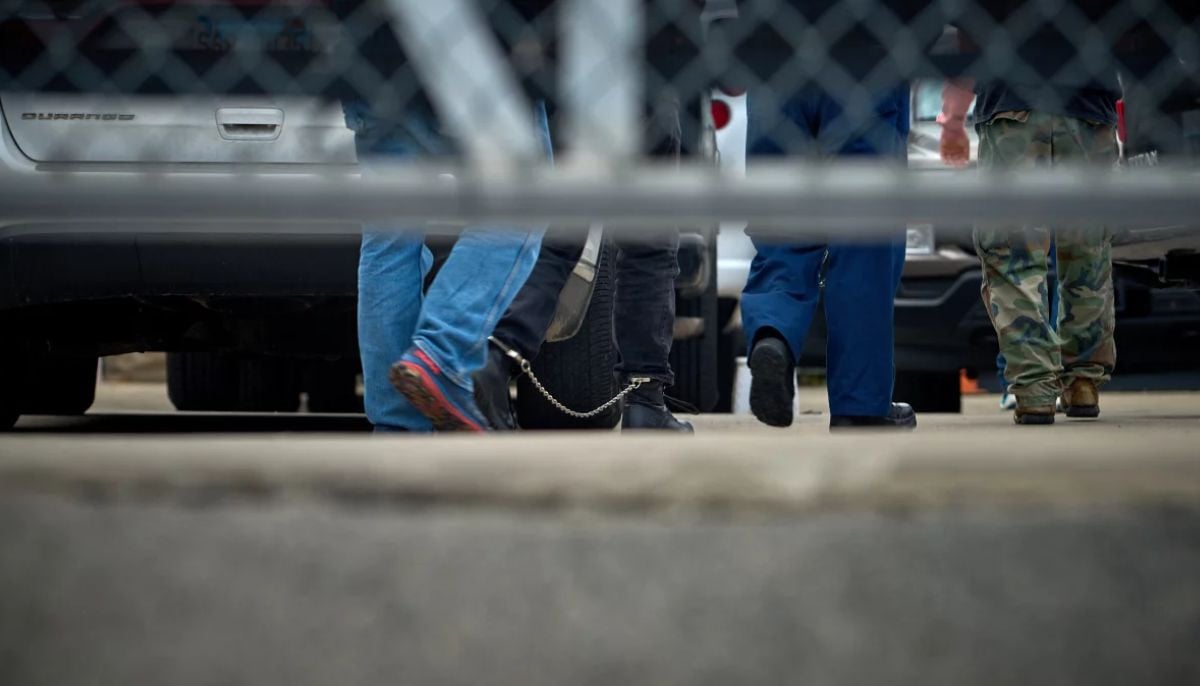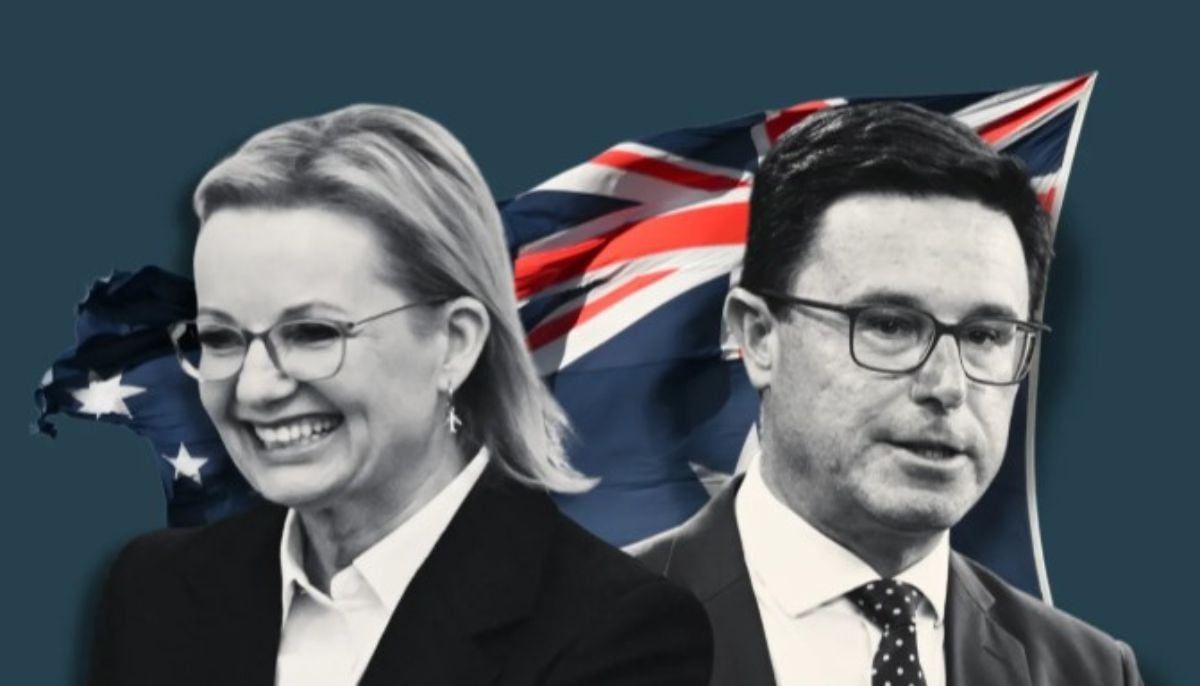KABUL: Afghan officials are pushing to create a "safe zone" for Taliban insurgents in a bid to wean them away from traditional sanctuaries inside Pakistan, in a radical and contentious strategy to de-escalate the conflict.
The plan underscores desperation in Afghanistan for out-of-the-box solutions to tackle the 15-year insurgency, as peace bids repeatedly fail and US-backed forces suffer record casualties in stalemated fighting.
If implemented, the strategy -- aimed at undercutting Pakistan´s influence over the Taliban -- could, for better or for worse, be a game changer in a strife-torn nation where ceding territory to insurgents is seen as tantamount to partition.
"I urge the Taliban to return to Afghanistan. We should make a safe zone for them and their families," Kandahar police chief Abdul Raziq told a gathering of religious scholars and tribal elders last month.
"We can no longer rely on foreign governments and embassies to end the war. The Taliban belong to this country, they are sons of this soil."
That Raziq, arguably the most powerful commander in southern Afghanistan and long one of the staunchest anti-Taliban figures, would suggest such an idea amplified the shockwaves it created.
"The government shouldn´t be giving safe zones to terrorists," warned former Helmand governor Sher Mohammed Akhundzada, while some observers dismissed the strategy as "illogical" as the Taliban already control vast swathes of Afghan territory.
Raziq did not respond to repeated requests for an interview, but a senior security official told AFP the government´s goal "is to bring the Taliban from Pakistan to Afghanistan".
"We will separate a territory for them to come with their families. Then whether they want to fight or talk peace, they will be relieved from the pressure of Pakistan," he said, speaking anonymously.
- ´Double game´ -
Pakistan began supporting the Taliban movement of the 1990s as part of its policy of "strategic depth" against nemesis India.
Seen by many Afghans as the biggest obstacle to lasting peace, Islamabad has long been accused of playing a "double game" in Afghanistan: endorsing Washington´s war on terrorism since the 9/11 attacks, while nurturing militant sanctuaries.
After years of official denial, a top Pakistani official in 2016 admitted for the first time the Taliban enjoys safe haven inside his country, which Islamabad uses as a "lever" to pressure the group into talks with Kabul.
However, Pakistan has hosted multiple rounds of talks ostensibly to jumpstart a peace process -- without result.
The "safe zone" strategy appears to have taken shape as prominent Taliban figures call to make the insurgency independent of Pakistan´s powerful intelligence agency, which they accuse of manipulating the group.
"The presence of our movement´s key decision makers and institutions inside Pakistan means they can impose things that are against the interests of our movement and Afghanistan," Sayed Tayyeb Agha wrote in a letter last year to Taliban leader Haibatullah Akhundzada.
"To be able to make independent decisions, our leadership... should leave Pakistan," the former head of the Taliban´s political commission added in the letter seen by AFP.
Afghanistan´s National Security Council did not officially confirm the government strategy, saying only: "The Taliban are allowed to relocate to Afghanistan under state protection."
The Afghan security official said the government was in contact with Taliban leaders over the proposal, a fact corroborated by militant sources in Pakistan.
He refused to specify the potential location for the safe zone, and whether it will be immune from aerial bombardment or ground assault, but insisted no areas with military installations will be handed over.KABUL: Afghan officials are pushing to create a "safe zone" for Taliban insurgents in a bid to wean them away from traditional sanctuaries inside Pakistan, in a radical and contentious strategy to de-escalate the conflict.
The plan underscores desperation in Afghanistan for out-of-the-box solutions to tackle the 15-year insurgency, as peace bids repeatedly fail and US-backed forces suffer record casualties in stalemated fighting.
If implemented, the strategy -- aimed at undercutting Pakistan´s influence over the Taliban -- could, for better or for worse, be a game changer in a strife-torn nation where ceding territory to insurgents is seen as tantamount to partition.
"I urge the Taliban to return to Afghanistan. We should make a safe zone for them and their families," Kandahar police chief Abdul Raziq told a gathering of religious scholars and tribal elders last month.
"We can no longer rely on foreign governments and embassies to end the war. The Taliban belong to this country, they are sons of this soil."
That Raziq, arguably the most powerful commander in southern Afghanistan and long one of the staunchest anti-Taliban figures, would suggest such an idea amplified the shockwaves it created.
"The government shouldn´t be giving safe zones to terrorists," warned former Helmand governor Sher Mohammed Akhundzada, while some observers dismissed the strategy as "illogical" as the Taliban already control vast swathes of Afghan territory.
Raziq did not respond to repeated requests for an interview, but a senior security official told AFP the government´s goal "is to bring the Taliban from Pakistan to Afghanistan".
"We will separate a territory for them to come with their families. Then whether they want to fight or talk peace, they will be relieved from the pressure of Pakistan," he said, speaking anonymously.
- ´Double game´ -
Pakistan began supporting the Taliban movement of the 1990s as part of its policy of "strategic depth" against nemesis India.
Seen by many Afghans as the biggest obstacle to lasting peace, Islamabad has long been accused of playing a "double game" in Afghanistan: endorsing Washington´s war on terrorism since the 9/11 attacks, while nurturing militant sanctuaries.
After years of official denial, a top Pakistani official in 2016 admitted for the first time the Taliban enjoys safe haven inside his country, which Islamabad uses as a "lever" to pressure the group into talks with Kabul.
However, Pakistan has hosted multiple rounds of talks ostensibly to jumpstart a peace process -- without result.
The "safe zone" strategy appears to have taken shape as prominent Taliban figures call to make the insurgency independent of Pakistan´s powerful intelligence agency, which they accuse of manipulating the group.
"The presence of our movement´s key decision makers and institutions inside Pakistan means they can impose things that are against the interests of our movement and Afghanistan," Sayed Tayyeb Agha wrote in a letter last year to Taliban leader Haibatullah Akhundzada.
"To be able to make independent decisions, our leadership... should leave Pakistan," the former head of the Taliban´s political commission added in the letter seen by AFP.
Afghanistan´s National Security Council did not officially confirm the government strategy, saying only: "The Taliban are allowed to relocate to Afghanistan under state protection."
The Afghan security official said the government was in contact with Taliban leaders over the proposal, a fact corroborated by militant sources in Pakistan.
He refused to specify the potential location for the safe zone, and whether it will be immune from aerial bombardment or ground assault, but insisted no areas with military installations will be handed over.
-
Martha Stewart on surviving rigorous times amid upcoming memoir release
-
18-month old on life-saving medication returned to ICE detention
-
Cardi B says THIS about Bad Bunny's Grammy statement
-
Chicago child, 8, dead after 'months of abuse, starvation', two arrested
-
Funeral home owner sentenced to 40 years for selling corpses, faking ashes
-
Australia’s Liberal-National coalition reunites after brief split over hate laws
-
Savannah Guthrie addresses ransom demands made by her mother Nancy's kidnappers
-
Washington Post CEO William Lewis resigns after sweeping layoffs











